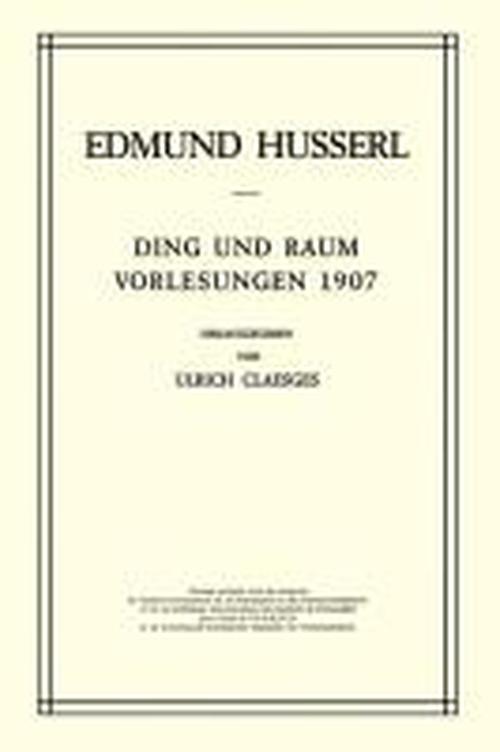Il concetto di spazio nella fenomenologia di Husserl
(The Concept of Space in Husserl’s Phenomenology)
DOI:
https://doi.org/10.13135/2038-6788/9275Keywords:
Kinesthesis, Phenomenology, Husserl, Immanence, Intentionality, Passive Synthesis, Space, TrancendenceAbstract
The essay analyzes Husserl’s phenomenological theory of space. The author begins by delimiting its semantic and philosophical field of belonging as defined by the link between the phenomenological notion of intentionality and the relation between immanence and transcendence. Then she explores Husserl’s notion of space in a static and descriptive perspective: space appears as an a priori form that shows the a priori, transcendental, and intentional correlation between subject and world. Finally, the author addresses Husserl’s notion of space in a genetic and constitutive perspective: space in relation to the unchangeable correlation between sensations and the changing kinesthesis. Both notions of space indicate that there is no subject giving form to sense-data; rather, meaning emerges from the phenomenal course of experience according to invariant and eidetic rules.


